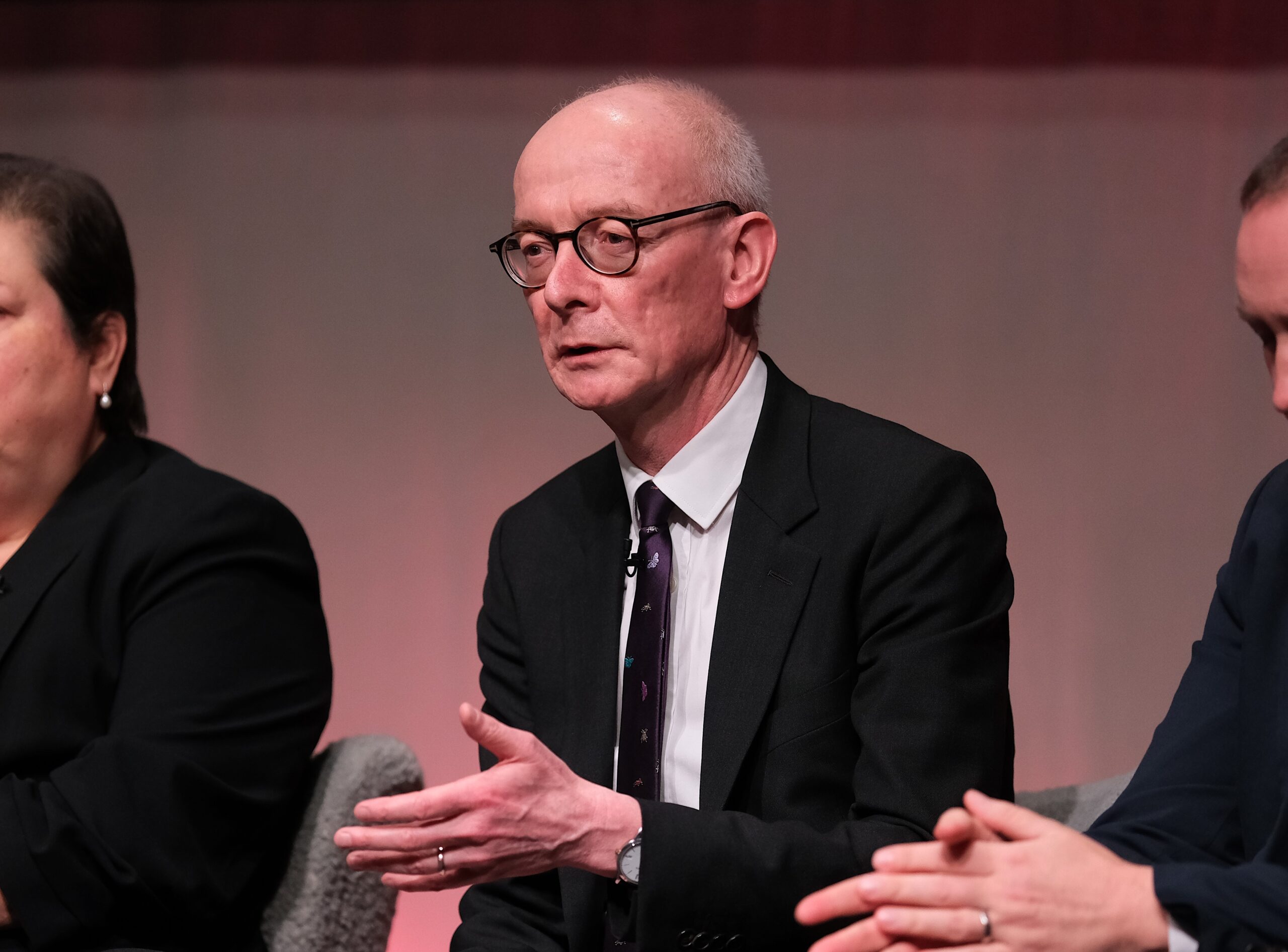Civil service pensions update

Assistant General Secretary Lucille Thirlby explains the latest civil service pensions news and shares a Q&A on the impact on McCloud and Sargeant Judgements.
Our last pensions newsletter focused on pensions taxation. This edition covers the McCloud and Sargeant rulings of discrimination on the transitional protection by the Supreme Court earlier this year. Transitional protection is the policy which allowed some older workers to stay in the old, unreformed pension schemes, instead of being moved to new career average schemes with higher pension ages in 2015. In most schemes transitional protection meant that those within 10 years of their schemes’ normal pension age as at 1 April 2012 retained membership of their pre-2015 scheme, the majority of which were final-salary schemes.
What is the FDA doing about the McCloud case and its implications?
We are working with other civil service (CS) unions to push for the right outcomes from the judgement within the civil service pensions scheme. We, along with other CS unions, wrote to Rupert McNeil (Chief People Officer and Chair of the CS Scheme Advisory Board) setting out our concerns and objectives on 14 August 2019.
For the civil service pension schemes, the unions called for:
- agreement on measures to compensate affected members to ensure they are not worse off;
- compensation for members who were denied “protection” who are worse off and for those who had “protected” status who may have benefited from moving to the Alpha scheme;
- any remedies to consider active members and those in retirement, ill-health retirement, those who have died, left service, with pension in deferment, who have taken partial retirement or transferred out; and
- members in by-analogy schemes and Civil Servants and Others Pension Scheme (CSOPS) members employed in outsourced organisations, to be covered by any remedies.
We are actively participating within the TUC, which is coordinating all public service pension scheme responses to Treasury on the remedies.
In a meeting with the TUC and Chief Secretary to the Treasury, the government has given a commitment that the application of any remedies and changes resulting from the legal ruling will be subject to negotiations with the relevant unions – with the aim being to reach agreement on a scheme by scheme basis.
The FDA is represented on the pensions Joint Superannuation Committee, Scheme Advisory Board and Civil Service Pensions Board.
Frequently Asked Questions (FAQ)
We have developed a set of FAQ to set out the information relating to the most common questions which are being raised by our members. We will update and add to the questions as the remedy process develops. Please take time to read these. They can be downloaded via the link below:
McCloud and Sargeant judgements FAQ
Please note, you will need to log in to the members area to see this document.
2018 valuations and cost cap rectification
In previous newsletters we have explained that the government was undertaking valuations of public service pensions including assessing the cost of schemes against the ‘cost cap’, which should have resulted in changes to employee contributions or benefits.
However, given the Treasury “paused” the cost cap rectifications across all Public Service Pension Schemes (PSPS) in January, in response to the McCloud and Sargeant rulings, the Minister for Implementation responded that in light of the pause he could not progress the cost cap rectification recommendations submitted in March 2019.
The FDA has been actively campaigning to end the pause along with the TUC and other CS unions, particularly in light of the likelihood of the length of time the remedy process and implementation is going to take. All unions continued to raise the need to separate the remedy of the McCloud/Sargent Judgements from the valuations and cost cap rectification. We will keep you informed of progress.
Annual Allowance
The FDA is part of the Public Service Pensions Tax Working Group (PSPTWG) and have met with Economic Secretary to Treasury who was tasked with a review of the Annual Allowance (NB it was not a strategic review of taxation). The focus was on the impact on service delivery and that solutions will need to be found within individual schemes.
The FDA Executive Committee considered the issue of Annual Allowance at its August meeting and agreed to write to Rupert McNeil on the findings of the SSRB recommendations and the clear issues facing a number of our members.
We also raised the issue of Annual and Lifetime Allowances at the CS Pensions Scheme Advisory Board (SAB) and are continuing to pursue all solutions that can be found.
Pensions and same sex couples
Same sex couples are set to benefit from the government’s response to the Supreme Court Walker judgement. Previously, survivors of a civil partnership or same sex marriage had their survivors’ benefits restricted. They were only entitled to benefits based on accruals from December 2005 onward. The Supreme Court decided that this restriction should be lifted, and the Government agreed.
A Written Ministerial Statement was issued in July with the government’s position:
“Following the court ruling, the government has decided that in public service schemes, surviving male same-sex and female same-sex spouses and civil partners of public service pension scheme members will, in the majority of cases, receive benefits equivalent to those received by widows or widowers of opposite sex marriages.”
The FDA is negotiating the detail of how this decision will affect the civil service pension scheme. This includes looking at the historical scope and extent of who will benefit, so that the changes in policy can be implemented as soon as possible. Additionally, we will be urging reform for those members in the civil service scheme who are in a long-term “common law” relationship, whose surviving partners would receive no survivor pension regardless of sexual orientation following the Brewster judgement.
Overpayments
The Cabinet Office, as the Civil Service Pension Scheme owner, consulted with the civil service trade unions, including the FDA, in February 2019 about the pension sector wide Guaranteed Minimum Pension (GMP) reconciliation. More details are available here.
It was agreed with us that any overpayment would be written off but pensions in payment going forward would have to be reduced to their correct amount. This agreement was a significant achievement as the original position was to seek recovery as allowed by the Pensions Regulator and Ombudsman. Whilst this will be little consolation to those whose pension will be less, there was no ministerial appetite to maintain pensions in payment at their incorrect level. The FDA holds both the Minister for the Cabinet Office, their officials and Civil Service Pensions (MyCSP) to account for the myriad of issues they are responsible for but in the case of GMP and State Earnings-Related Pension Scheme (SERPS) this is greater than just the civil service pension scheme.
Related News
-

Government’s plans for civil service reform “lack substance”, says FDA
The FDA has criticised the government’s rhetoric surrounding the announcement of a series of civil service reforms – on performance-based pay, fast track exits for underperformers, and performance management – by Chancellor of the Duchy of Lancaster Pat McFadden.
-

9% pay rise for NI civil servants ‘genuine attempt to tackle pay erosion’, says FDA
The FDA is recommending to members to accept the Northern Ireland civil service pay offer for 2024/25, which represents a 9% increase over a 20-month period.
-

FDA calls for widespread reform across the civil service in New Year message to government
The FDA has shared its annual New Year message to the government, in which FDA Assistant General Secretary Lauren Crowley outlines the need for significant reform across the civil service.